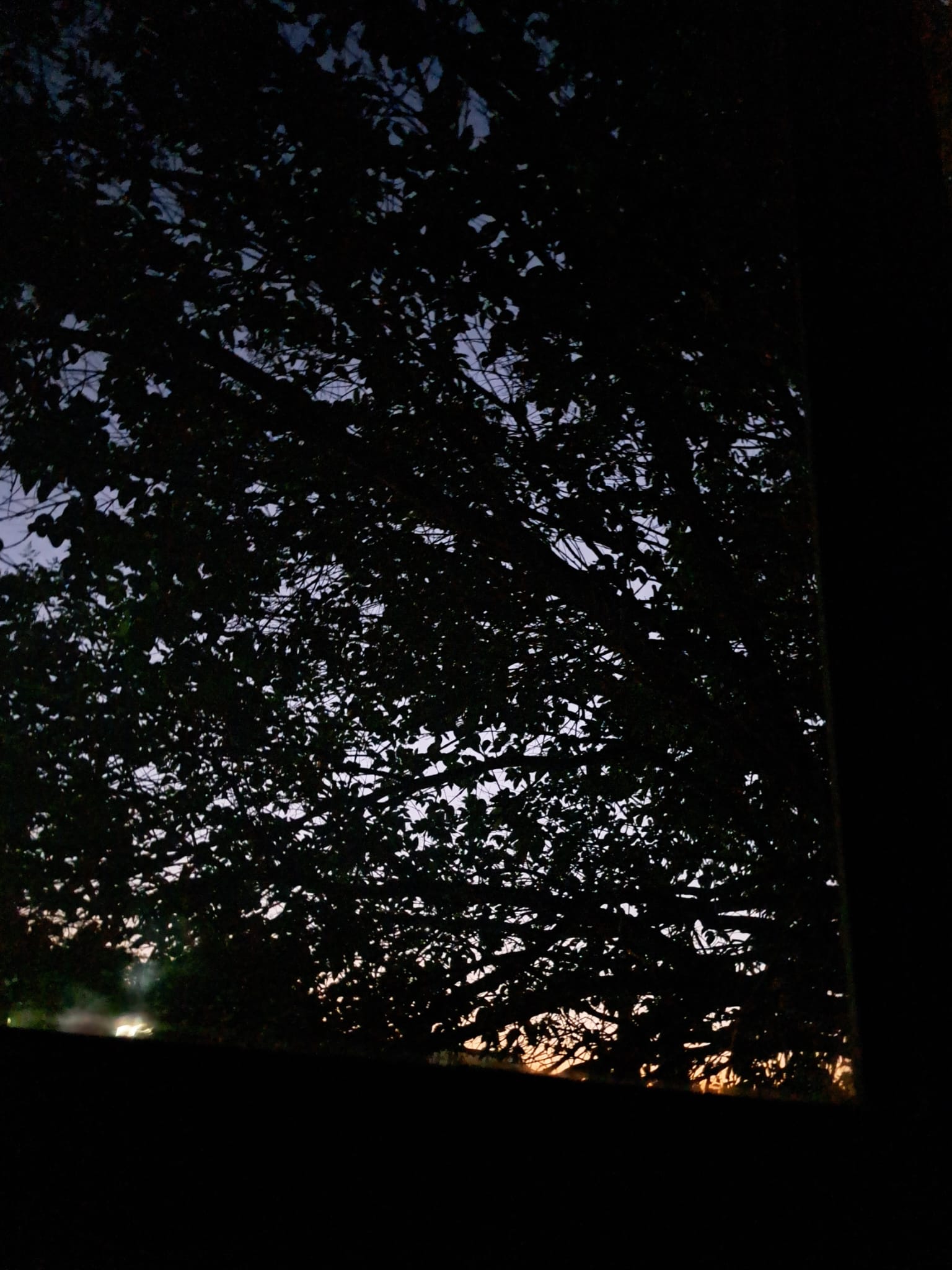by Corry Shores
[Search Blog Here. Index-tags are found on the bottom of the left column.]
[Central Entry Directory]
[Primitivism, Entry Directory]
[Shepard, Coming Home to the Pleistocene, Entry Directory]
It is right to kill and be killed in this "game" of the hunt so long as we understand the transformation of life and death as a natural consequence of the gifting cosmos where one receives and gives and in the final hour finally passes the gift on. When that clarity is lost the hunt becomes monstrous, along with the rest of nature, and we remove the killing to a butcher's abattoir. (61b)
Gathering and hunting are the economic basis of an intricate cosmology in which epiphany and numinous presence are embodied and mediated by wild animals, plants, mountains, and springs. (61b)
Marvels refer to that presence of the unexpected that one always encounters sooner or later in nature, particularly when the terrain reflects something about the mind that implies a common structure. (61c, emphasis mine)
are what humans create most successfully, based on stories of origins, as analogies to the structures that bind the species into marvels of affinity. These are the keys to reality, revealing how things are, what is known, and how to behave. (61-62)
This cosmogony -- how the universe became a moral system -- is nothing like an Athenian skeptical philosophy but is a continual, visionary, intuitive, poetic understanding, an ahistoric abiding. There is no quarrel with life. Their metaphysic assents to what men have to be because of the way their life is cast. (62b)




.jpg)





































No comments:
Post a Comment